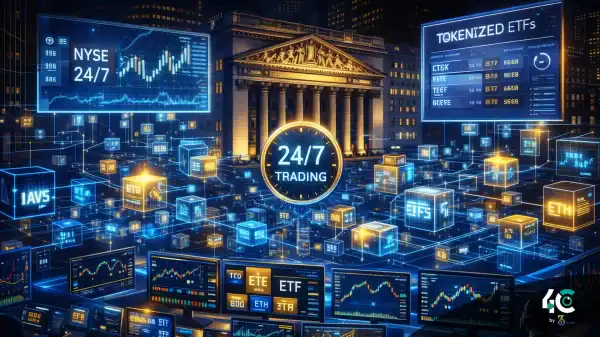1. Japan’s Financial Institutions to Hold Bitcoin and Launch Yen-Pegged Stablecoins
In a groundbreaking move for the crypto industry, Japan’s Financial Services Agency (FSA) is set to allow banks to hold Bitcoin (BTC) and other cryptocurrencies. This marks a significant shift from previous guidelines established in 2020, which prohibited banks from holding digital assets due to volatility concerns.
The FSA is now considering a rule change that would permit banks to offer crypto investment products to clients alongside traditional stocks. This includes the creation of a yen-pegged stablecoin by Japan’s largest banks such as MUFG, SMBC, and Mizuho. These stablecoins are expected to facilitate corporate settlements and reduce transaction costs.
This initiative marks a crucial step toward integrating cryptocurrency into the mainstream financial system and could change the global financial landscape. As stablecoins become more widely used by large banks, they could serve as a model for other countries worldwide, potentially reshaping the future of financial systems.
2. Crypto Markets React to Trade Tensions: Trump-Xi Summit Brings Hope
The crypto markets have been volatile this week due to trade tensions between the U.S. and China, rattling traders globally. The announcement of trade tariffs on China by Donald Trump led to massive market turmoil, erasing nearly 99% of some altcoins and triggering a staggering $20 billion in liquidations—marking the largest single-day crash in crypto derivatives.
However, after Trump and Xi Jinping agreed to meet at the upcoming APEC summit, the markets turned bullish again. Bitcoin (BTC) rose by 2%, followed by Ethereum (ETH) and Binance Coin (BNB) gaining 3.5% each, with Solana (SOL) rising nearly 4%.
Experts are cautiously optimistic about the meeting’s potential to ease trade tensions, although they are wary of further market volatility. The political landscape will likely continue to play a significant role in crypto’s near-term outlook.
3. Google’s Quantum Computing Breakthrough: A Threat to Crypto Security?
In a shocking development, Google’s Quantum AI team unveiled its Willow Quantum Processor which has set a new benchmark in quantum computing. The processor is capable of mapping molecular structures at a speed 13,000 times faster than today’s supercomputers, a feat that could have massive implications for the cryptography behind digital assets like Bitcoin.
Quantum computing poses a potential existential threat to crypto security, with experts predicting that by 2030, quantum computers could break the encryption mechanisms that secure Bitcoin and other digital currencies. This breakthrough has raised alarms within the crypto community, leading to urgent discussions about developing post-quantum cryptography to future-proof digital assets.
While quantum computers are not yet capable of cracking today’s encryption methods, this advancement serves as a wake-up call. As the threat of quantum attacks looms, tech companies and regulators are already working on solutions to safeguard the future of digital currencies.
4. Trump Pardons Binance’s CZ: How Will This Affect the Crypto Industry?
In a stunning political twist, President Donald Trump has granted a presidential pardon to Changpeng “CZ” Zhao, the founder of Binance, the world’s largest cryptocurrency exchange. This pardon clears Zhao’s criminal record related to his conviction for violating the Bank Secrecy Act and failing to implement adequate anti-money laundering (AML) controls at Binance.
This decision, widely speculated by the crypto community, has raised questions about the future of Binance and its CEO. With the pardon in place, CZ may return to lead Binance once again, potentially reshaping the company’s direction as global crypto regulations continue to evolve. Zhao’s pardon has been hailed by many as a “win for the crypto movement,” with Binance acknowledging Trump’s leadership and support for the crypto sector.
Importance of Cryptocurrency News This Week: A Crucial Moment in The World of Crypto
The past week has been monumental for the crypto space. From Japan’s regulatory shift to Trump’s presidential pardon of Binance’s CZ, to Google’s quantum computing breakthrough and the market volatility caused by global trade tensions, these events are shaping the future of the cryptocurrency industry.
As the world moves toward the integration of traditional finance and digital assets, while quantum computing threatens the security of blockchain technologies, staying informed and prepared for these changes will be crucial for anyone involved in the crypto revolution.
Get ready—the next revolution in crypto is happening now!



































